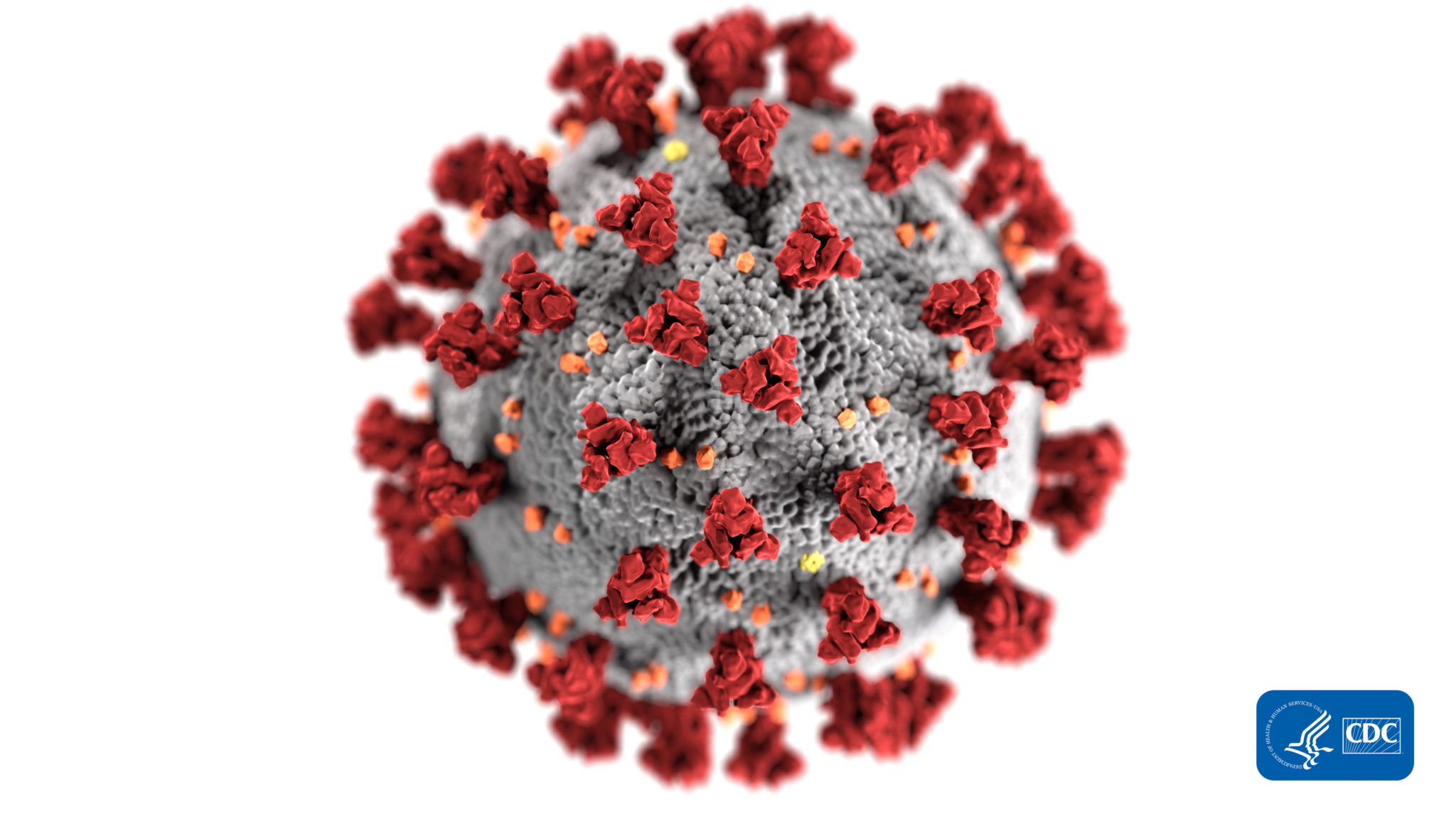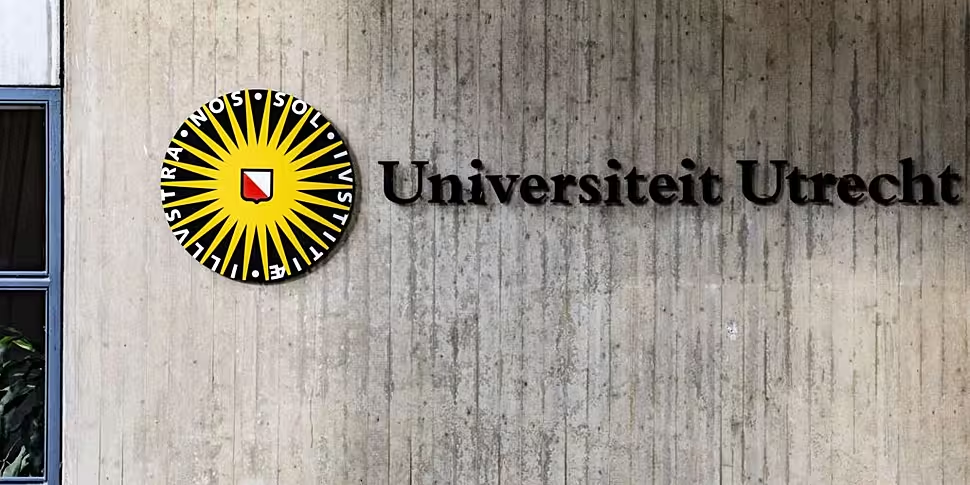A new study has uncovered an antibody which may prevent COVID-19 from infecting human cells.
It is hoped the “ground-breaking research” will lead to new ways to treat the virus.
The peer-reviewed study, published today in the journal Nature Communications, builds on previous research into the SARS epidemic of 2002 – 2004.
 This illustration, created at the Centres for Disease Control and Prevention (CDC), reveals ultrastructural morphology exhibited by coronaviruses, 01-03-2020. Image: Sipa USA/SIPA USA/PA Images
This illustration, created at the Centres for Disease Control and Prevention (CDC), reveals ultrastructural morphology exhibited by coronaviruses, 01-03-2020. Image: Sipa USA/SIPA USA/PA ImagesResearchers at Utrecht University in the Netherlands said a previously discovered antibody, which prevents the SARS virus from infecting human cells, could also block COVID-19.
“Such a neutralizing antibody has potential to alter the course of infection in the infected host, support virus clearance or protect an uninfected individual that is exposed to the virus,” said Berend-Jan Bosch, Associate Professor and Research leader at the university.
He said the antibody also has the potential to assist in the mitigation of diseases caused by future coronaviruses.
While conventional therapeutic antibodies are developed in other species and then “humanised,” this one is already ‘fully human’ - meaning it could be produced more quickly, with reduced danger of side effects.
"This is ground-breaking research," said Dr Jingsong Wang, Founder, Chairman & Chief Executive Officer of Harbour BioMed which is also involved in the study.
“Much more work is needed to assess whether this antibody can protect or reduce the severity of the disease in humans.
“We expect to advance development of the antibody with partners. We believe our technology can contribute to addressing this most urgent public health need and we are pursuing several other research avenues.”
It comes as the number of confirmed COVID-19 cases around the world passes 3.5 million, according to Johns Hopkins University.
The university said the number of deaths due to the virus is now approaching 250,000.









